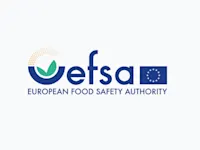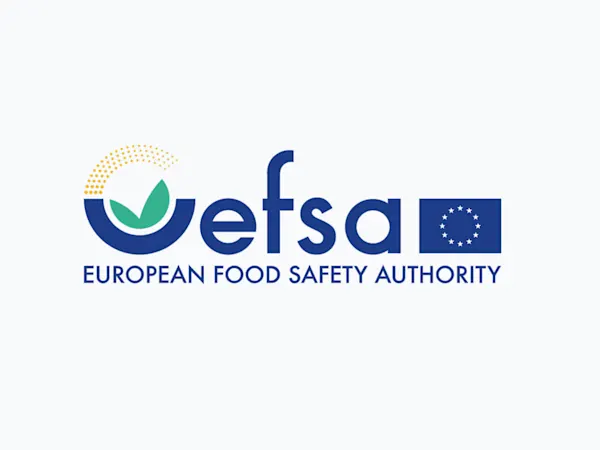
EU Ministers Press Commission on Delayed REACH Revision Amid Industry and Environmental Demands
EU Member States urge the Commission to accelerate the REACH revision, citing urgent health, environmental, and industry competitiveness needs.


Germany's leading industrial associations are calling for urgent government intervention to revise the current PFAS (per- and polyfluoroalkyl substances) restriction process under the European Union's REACH regulation. In a strongly worded letter addressed to Chancellor Olaf Scholz, industry representatives warned of the severe economic consequences tied to the current approach, emphasising the need for a risk-based regulatory framework.
The letter, signed by prominent industry groups such as BDI, SPECTARIS, VDMA, and ZVEI, highlights the far-reaching impact of PFAS restrictions not only on the chemical industry but also on the production and availability of high-tech products throughout Europe. Industry leaders acknowledge the risks posed by certain PFAS compounds but argue that a more targeted, risk-based approach is essential for safeguarding Germany’s and Europe’s competitive edge.
The ongoing PFAS restriction proposal has already led to significant planning uncertainties, halting investments, product discontinuations, and supply chain disruptions. The signatories fear that entire sectors could be lost if the regulatory approach does not shift towards assessing risks on a case-by-case basis.
According to the letter, the restriction process, as it stands, fails to differentiate between high-risk and low-risk PFAS applications. For example, the inclusion of fluoropolymers—used extensively in high-tech industries such as semiconductors, aerospace, and medical technology—has drawn particular concern. These polymers, which are essential to numerous technological advancements, are not toxic or bio accumulative, and their outright ban could severely hinder progress in critical sectors, including climate protection and technological sovereignty.
The industrial associations propose a three-point action plan, urging the government to:
The letter emphasises the strategic implications of the PFAS restrictions for Germany’s technological leadership in areas like semiconductor manufacturing, digitalisation, and the green transition. A blanket ban on PFAS compounds, without consideration of their specific risks, threatens to undermine decades of progress in these fields, potentially driving production out of Europe.
The industrial associations also voiced concerns over the lengthy decision-making process, which has already affected supply chains and halted investments. They argue that delays in regulatory clarity exacerbate the risk of losing key technological capabilities to non-European competitors.
Germany, as a co-initiator of the PFAS restriction proposal, holds a pivotal role in shaping its outcome. The industrial associations are calling on the government to act swiftly, urging a balanced approach that prioritises risk-based regulation while safeguarding the country’s economic and technological interests. Failure to address these concerns, they warn, could result in irreversible damage to Germany's high-tech industries and its global competitiveness.
Foresight continuously tracks 1000s of sources and maps updates to your portfolio:




EU Member States urge the Commission to accelerate the REACH revision, citing urgent health, environmental, and industry competitiveness needs.

The EU has classified DBDPE as a substance of very high concern (SVHC) due to vPvB properties, affecting manufacturers and downstream users of flame retardants.

EFSA launches consultation on updating its Weight of Evidence and Biological Relevance guidance, aiming to streamline chemical risk assessment practices.
Subscribe to Foresight Weekly and get the latest insights on regulatory changes affecting chemical compliance.
Free forever. Unsubscribe anytime.
Read by professionals at